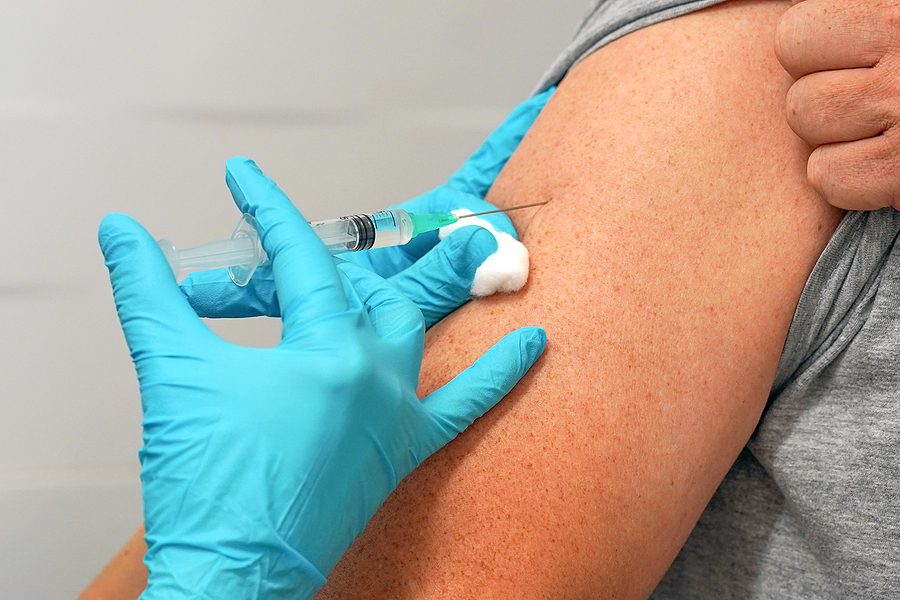CDC recommends that people with a history of severe allergic reactions not related to vaccines or injectable medications—such as allergies to food, pet, venom, environmental, or latex—may still get vaccinated. People with a history of allergies to oral medications or a family history of severe allergic reactions, or who might have an milder allergy to vaccines (no anaphylaxis)—may also still get vaccinated.
If you have a severe allergic reaction after getting the first shot, you should not get the second shot. Your doctor may refer you to a specialist in allergies and immunology to provide more care or advice.
CDC has provided recommendations for COVID-19 vaccination providers about how to prepare for the possibility of a severe allergic reaction:
- All people who get a COVID-19 vaccine should be monitored on-site. People with a history of severe allergic reactions should be monitored for 30 minutes after getting the vaccine. All other people should be monitored for 15 minutes after getting the vaccine.
- Vaccination providers should have appropriate medications and equipment—such as epinephrine, antihistamines, stethoscopes, blood pressure cuffs, and timing devices to check your pulse—at all COVID-19 vaccination sites.
- If you experience a severe allergic reaction after getting a COVID-19 vaccine, vaccination providers should provide rapid care and call for emergency medical services. You should continue to be monitored in a medical facility for at least several hours.
Learn more about what to expect after getting vaccinated for COVID-19, including normal side effects and tips to reduce pain or discomfort.
